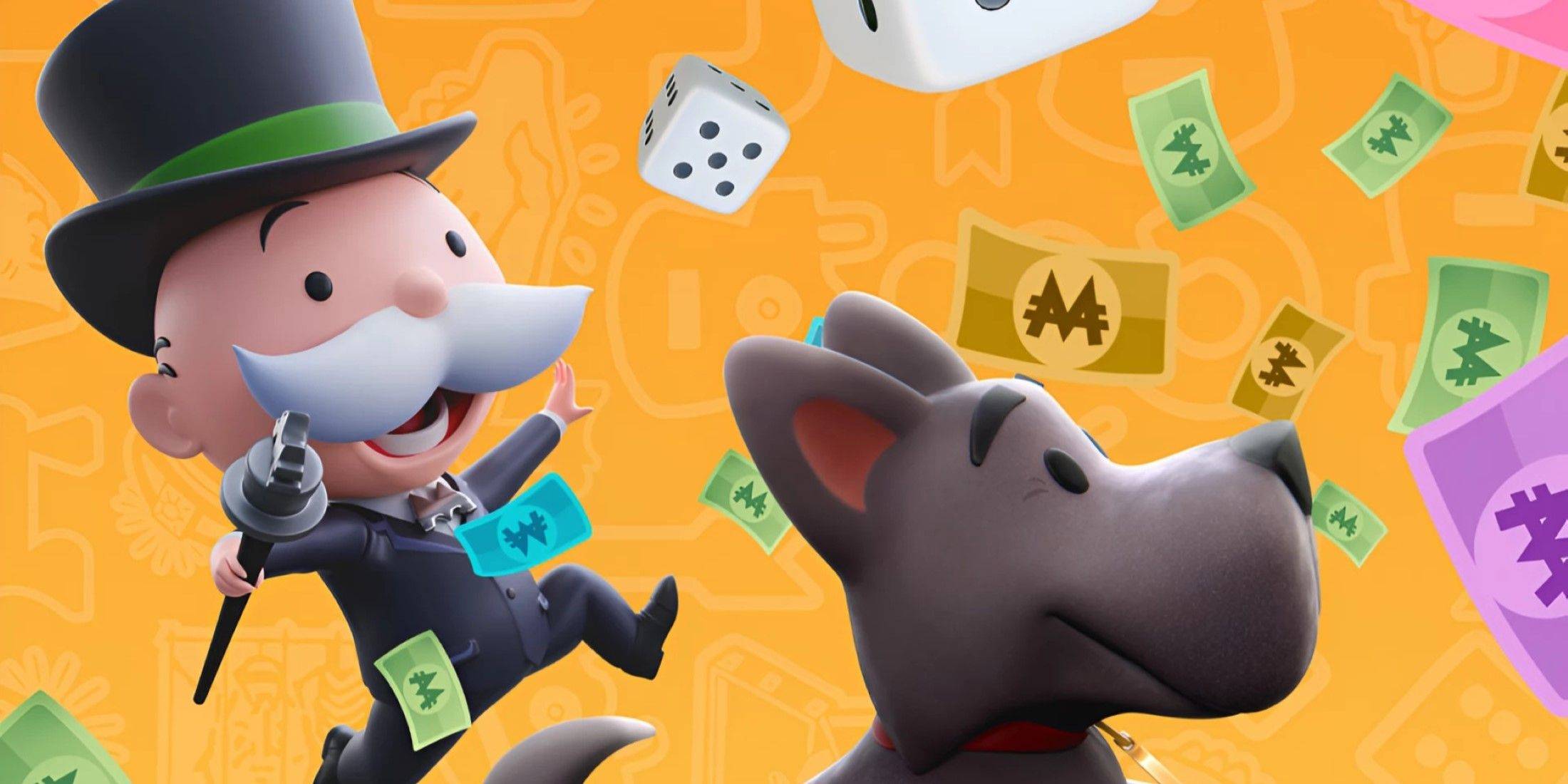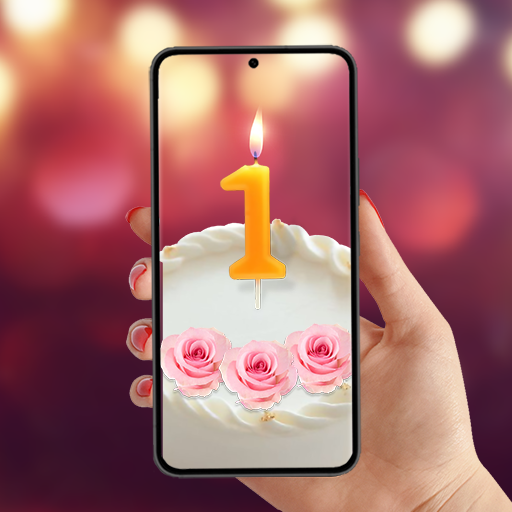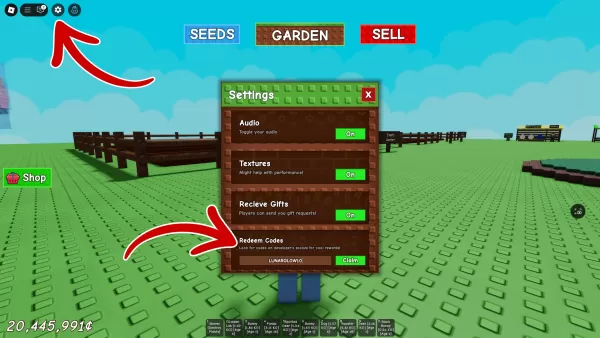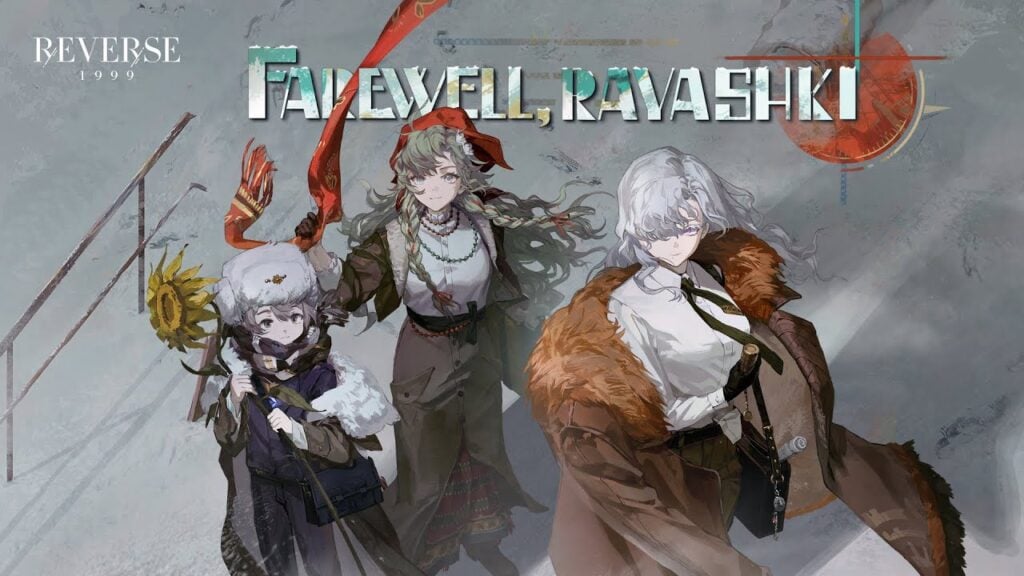
Monopoly GO's Microtransaction Problem: A $25,000 Cautionary Tale
A recent incident highlights the significant financial risks associated with in-app purchases in mobile games. A 17-year-old reportedly spent a staggering $25,000 on Monopoly GO, a free-to-play game, showcasing the potential for uncontrolled spending through microtransactions.
This isn't an isolated case. Numerous players have admitted to spending substantial sums in Monopoly GO to accelerate progress and unlock rewards. One user reported spending $1,000 before deleting the app. The $25,000 expenditure, detailed in a since-removed Reddit post, underscores the addictive nature of these systems and the potential for significant financial consequences. The stepparent's plea for advice on recovering the funds was met with grim responses, suggesting the game's terms of service likely hold the user responsible for all purchases, regardless of intent. This practice is common in freemium games, a model exemplified by Pokemon TCG Pocket's $208 million first-month revenue.
The Controversy Surrounding In-Game Microtransactions
The Monopoly GO incident adds to the ongoing debate surrounding in-game microtransactions. The practice has faced considerable backlash, with lawsuits filed against major game developers like Take-Two Interactive (regarding NBA 2K) over their microtransaction models. While legal action in this specific Monopoly GO case is unlikely, it reinforces the widespread frustration and financial harm caused by these systems.
The industry's reliance on microtransactions is understandable; they generate substantial revenue, as evidenced by Diablo 4's over $150 million in microtransaction sales. The strategy of encouraging small, incremental purchases is far more effective than requesting a single large payment. However, this same characteristic contributes to the problem; the seemingly insignificant cost of individual purchases can quickly escalate into significant sums, often without the player fully realizing the extent of their spending.
The Reddit user's predicament serves as a stark warning. The likelihood of a refund is low, emphasizing the importance of parental controls and mindful spending habits when engaging with games that utilize microtransaction systems like Monopoly GO.

 Latest Downloads
Latest Downloads
 Downlaod
Downlaod




 Top News
Top News








